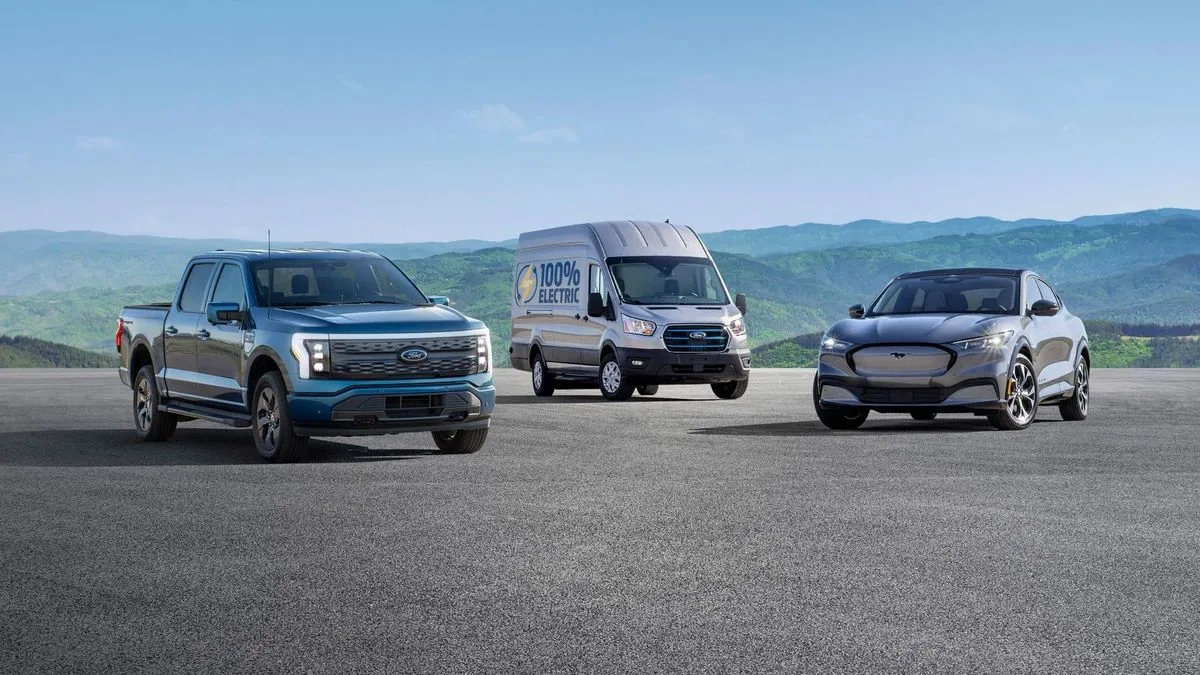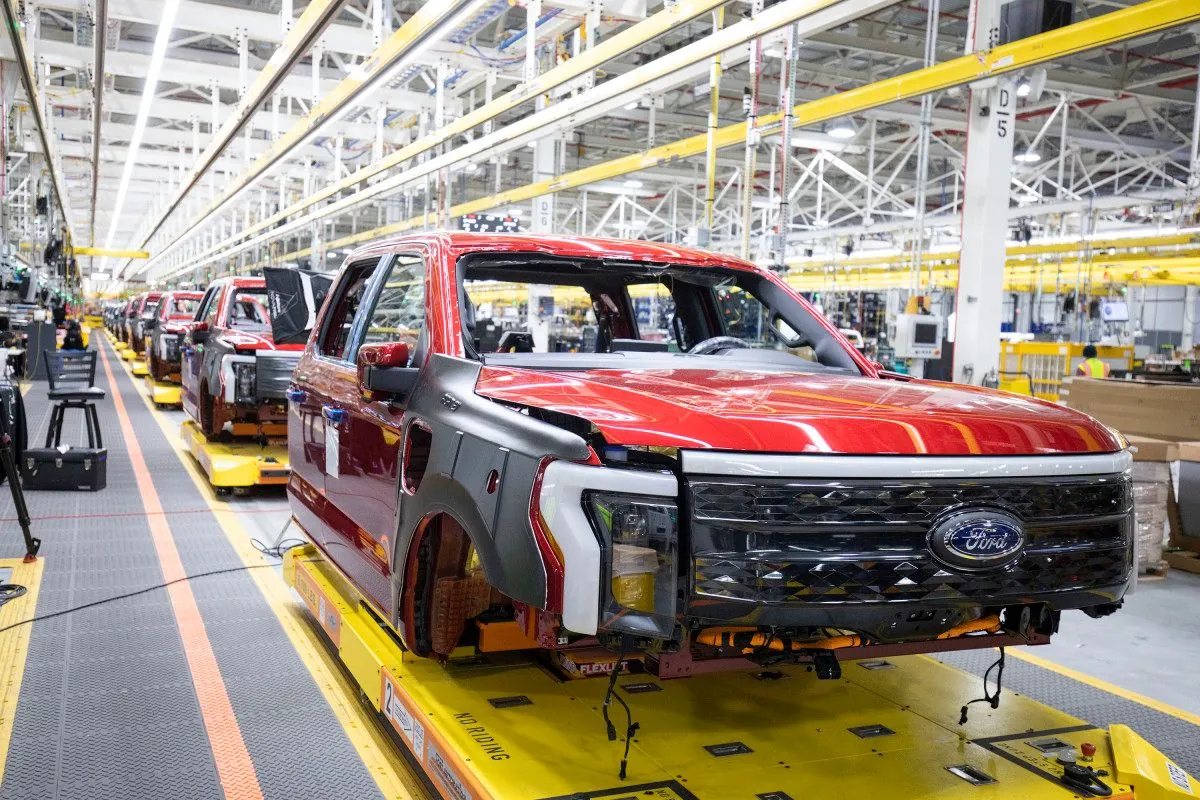Ford Shifts Gears: Hybrid Focus Amidst EV Challenges
Ford revamps its EV strategy, prioritizing hybrid technology due to profitability concerns. The automaker cancels some electric models while proceeding with others, potentially impacting Biden's EV adoption goals.

Ford Motor Company has announced a significant shift in its electric vehicle (EV) strategy, prioritizing hybrid technology development over some previously planned all-electric models. This decision comes as the automaker grapples with financial losses in its EV division and responds to consumer preferences.
The company, founded by Henry Ford in 1903, has a long history of innovation in the automotive industry. From introducing the affordable Model T in 1908 to revolutionizing manufacturing with the moving assembly line in 1913, Ford has consistently adapted to market demands. Now, it faces new challenges in the rapidly evolving EV market.
Jim Farley, Ford's chief executive, stated, "We learned a lot about what customers want and value, and what it takes to match the best in the world with cost-efficient design." This insight has led to a plan that aims to provide customers with maximum choice while playing to the company's strengths.

The revised strategy includes:
- Canceling plans for a three-row electric SUV
- Reducing capital expenditures on pure EVs from 40% to 30%
- Shifting focus to hybrid technologies for next three-row SUVs
- Proceeding with plans for an all-electric commercial van in 2026
- Continuing development of two more electric pickups and long-range SUVs
This strategic pivot reflects the challenges facing U.S. automakers in boosting EV sales amid flagging consumer demand, supply chain issues, and increased competition from Chinese manufacturers. It also highlights the importance of profitability in the EV sector, with John Lawler, Ford's Chief Financial Officer, emphasizing the need for vehicles to be profitable within the first 12 months.
The decision may impact President Biden's ambitious goal of having electric vehicles and plug-in hybrids account for half of new car sales by 2030. However, it's worth noting that Ford has already made significant strides in the EV market. In 2017, the company surpassed 1 million hybrid electric vehicles sold globally, and in 2020, it introduced the all-electric Mustang Mach-E SUV.
Ford's hybrid vehicle sales, led by the F-150 and Maverick pickups, saw a 34% increase in the second quarter of 2024 compared to the same period in 2023. This trend aligns with the company's new focus on hybrid technology.
"We will not launch vehicles at a loss that are not good for our business, knowing what we know now about the reality of the market equation."
The outcome of the 2024 U.S. presidential election could have significant implications for federal EV policies, including the current tax credit of up to $7,500 for EV buyers. As the automotive industry continues to evolve, Ford's commitment to achieving carbon neutrality by 2050 remains unchanged, demonstrating the company's long-term dedication to sustainable transportation solutions.


































